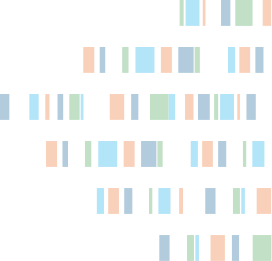In the fight against antimicrobial resistance, bacteriophages are a promising alternative to antibiotics. However, due to their narrow spectra, phage therapy requires the careful matching between the host and bacteriophage to be effective. Despite our best efforts, nature remains as the only source of novel phage specificity. Directed evolution can potentially open an avenue for engineering phage specificity and improving qualities of phages that are not strongly selected for in their natural environments but are important for therapeutic applications. In this work, we present a strategy that generates large libraries of replication-competent phage variants directly from synthetic DNA fragments, with no restriction on their host specificity. Using the T7 bacteriophage as a proof-of-concept, we created a large library of tail fiber mutants with at least 107 unique variants. From this library, we identified mutants that have broadened specificity as evidenced by their novel lytic activity against Yersinia enterocolitica, a strain that the wildtype T7 was unable to lyse. Using the same concept, mutants with improved lytic efficiency and characteristics, such as lytic condition tolerance and resistance suppression, were also identified. However, the observed limitations in altering host specificity by tail fiber mutagenesis suggest that other bottlenecks could be of equal or even greater importance.

Home » Directed Evolution of Replication-Competent Double-Stranded DNA Bacteriophage toward New Host Specificity
Publications
Directed Evolution of Replication-Competent Double-Stranded DNA Bacteriophage toward New Host Specificity
myTXTL
Daicel Arbor Biosciences
5840 Interface Dr. Suite 101,
Ann Arbor, MI 48103
1.734.998.0751Ann Arbor, MI 48103
©2024 Biodiscovery LLC
(d/b/a Daicel Arbor Biosciences)
All Rights Reserved.
(d/b/a Daicel Arbor Biosciences)
All Rights Reserved.
Design and development by Raincastle Communications.
